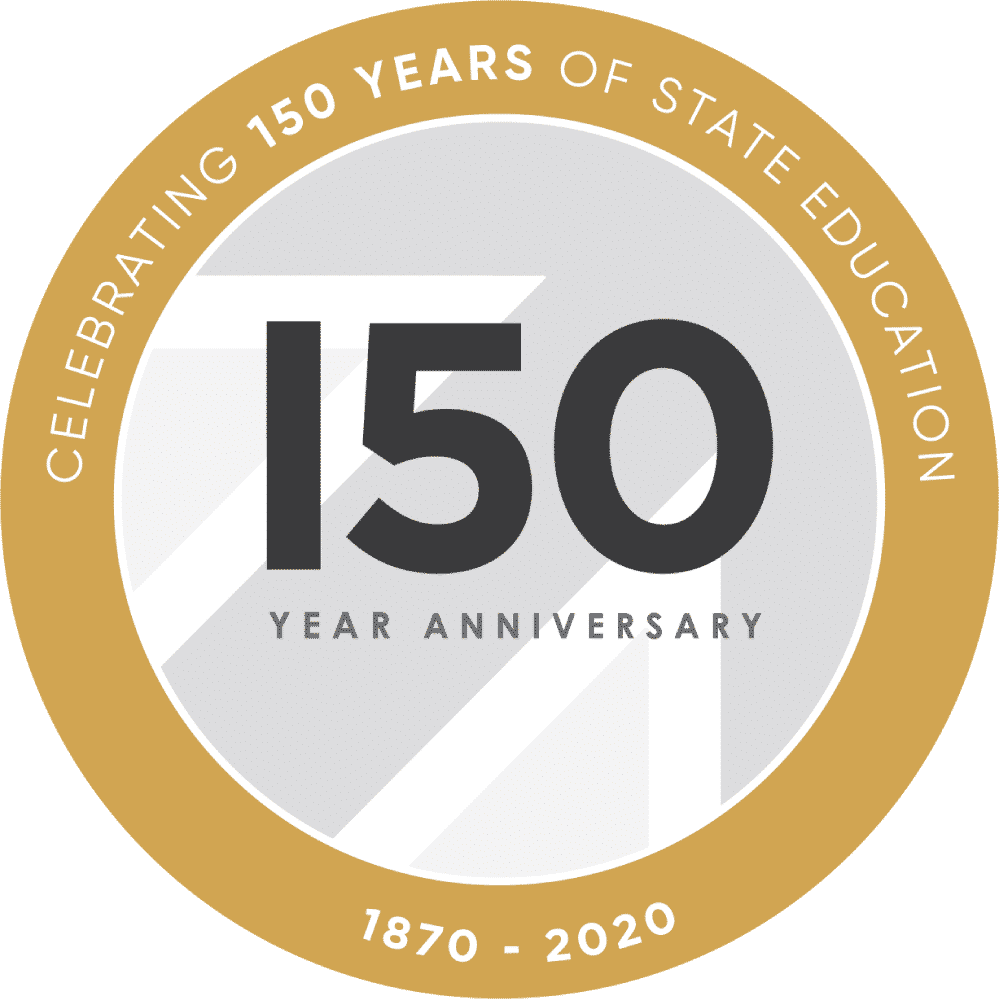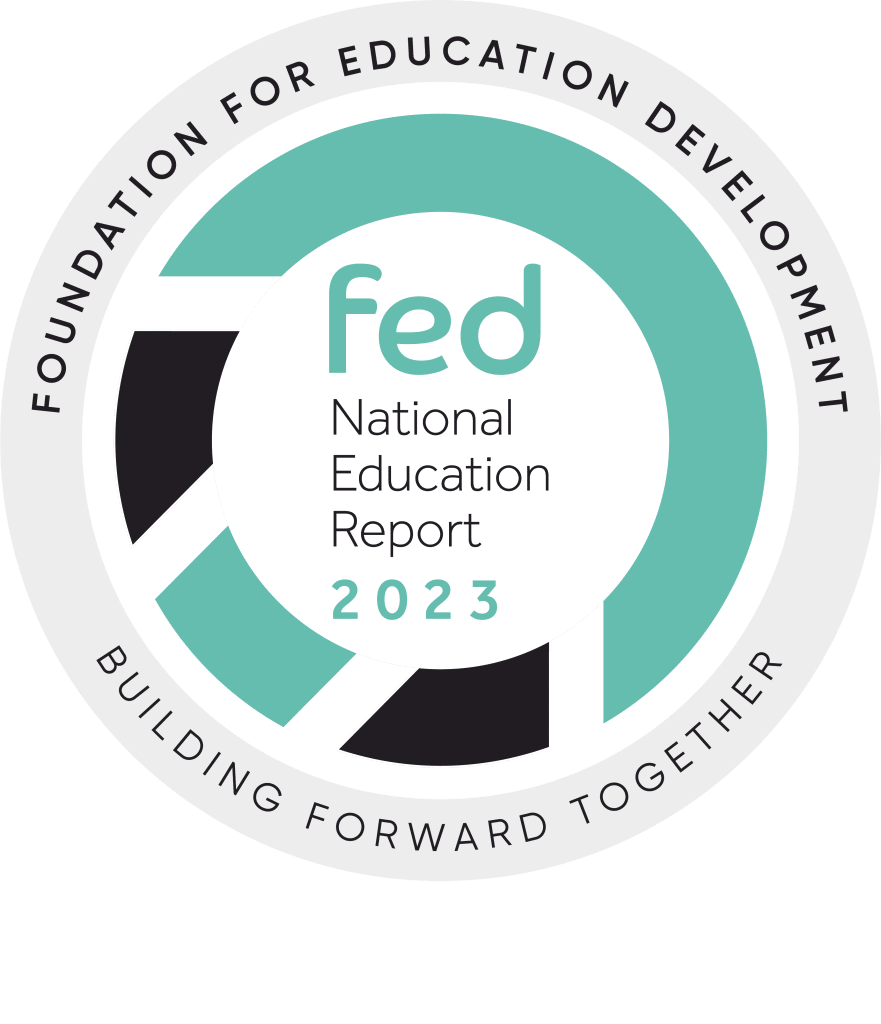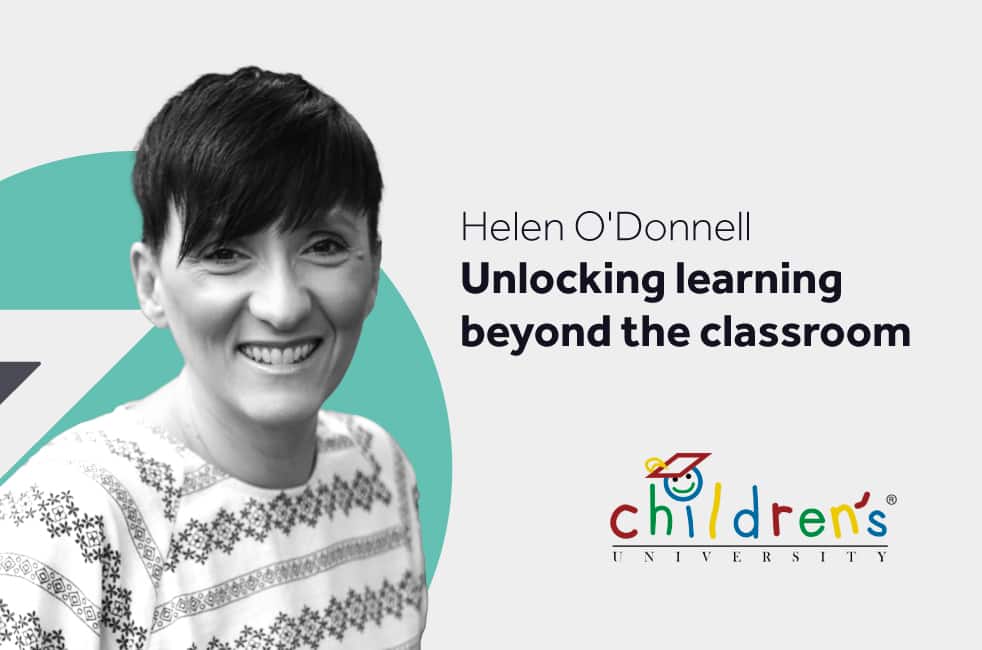As we move into the second year of our work at the Foundation for Education Development (FED) and following the launch of the FED National Education Consultation Report, we hosted a roundtable discussion seeking to answer the theme ‘Learning beyond classrooms – from forest schools to the city as a classroom, what can we all learn from the world beyond the classroom walls?’
We asked Helen O’Donnell, CEO of the Children’s University, to write a thinkpiece on her input into the roundtable discussion. Helen shares a range of examples of what the Children’s University looks like in practice in Wolverhampton, Sheffield and Hull that typify how the Children’s University unlock potential through learning beyond the classroom to have ‘life changing impact for those able to participate’
Children’s University: Unlocking learning beyond the classroom
At Children’s University, our vision is a world where every child has equal opportunity to unlock their full potential through learning beyond the classroom. To this end, we’ve made it our mission to inspire all children to love learning beyond the classroom, to make informal learning accessible to all, and, to engage children, their families, and their local community in asset-based community learning.
We partner with 60 different place-based organisations every year, reaching 110,000 children, in 1,000 schools, in 81 Local Education Authority areas. We connect children to more than 8,000 different learning activities. Most of these activities take place on their doorstep and are offered by local providers. We work in more than half of the most deprived areas in the country, in 9 of the government’s Opportunity Areas. More than 60% of the activities we make accessible are free or low-cost.
Our approach to encouraging, tracking, and celebrating participation in localised informal learning is proven to have a significant impact. An EEF evaluation showed that children who participate in Children’s University make two months additional progress at KS2 in Maths and Reading, and this increases to 3 months for FSM children. It also showed increased levels of confidence and motivation to learn, as well as greater aspiration to professional careers.
So, what does a local Children’s University look like?
In Wolverhampton, Children’s University is part of “an innovative approach to tackling unrealised aspiration and attainment in the city region”. Managed by the University of Wolverhampton, Children’s University offers outreach to 45 schools across the Black Country, Telford, and South Birmingham, connecting children with more than 500 learning destinations as part of Wolverhampton Learning Communities and UNESCO’s Global Network of Learning Cities.
In Sheffield, 45,000 children in the most disadvantaged parts of the city have received a Children’s University award. Such is its long-term impact that Children’s University is now part of South Yorkshire Futures, a flagship regional social mobility programme.
In Hull, where 1 in 3 children live in poverty, Children’s University builds the confidence of children (including young carers and those in care) by giving them unique learning experiences including a programme called I’m Proud of My City.
Learning beyond school that is relevant to where children live can have a life-changing impact for those who are able to participate. We must continue to identify where there are gaps, expand provision where it is working and measure its impact.



